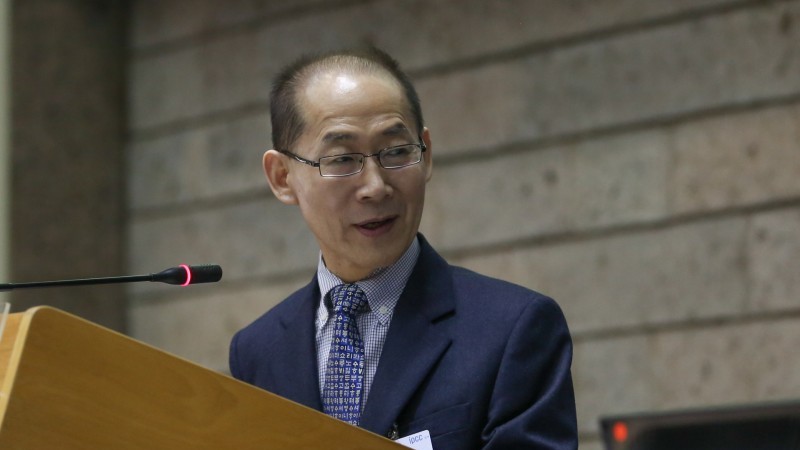The UN’s climate science body will produce a special report by 2018 on the impacts of 1.5C global warming and emissions cuts needed to stay within that threshold.
That was agreed by government representatives at a meeting of the Intergovernmental Panel on Climate Change (IPCC) in Nairobi this week.
They were responding to a call in the Paris Agreement for a review of evidence around the tough aspirational limit on temperature rise.
“1.5 to stay alive” was a rallying cry for campaigners, warning that even low levels of warming could see small island states swallowed by rising seas.
“The commentary around the temperature goal sent a very strong message to the scientific community,” said South African researcher Debra Roberts, an expert on the IPCC bureau, in a webcast press conference on Thursday morning.
“The scientific community is already mobilising in the wake of the Paris Agreement.”
Report: UN energy envoy urges investors to consider 1.5C warming limit
Yet with national policy pledges insufficient to stabilise temperatures at 2C, some warn it may already be too late to bend the curve.
While the precise scope is yet to be determined, the special report is to review the potential pathways to 1.5C.
Perhaps more pertinently for those on the front line of climate change, it will establish the damage to be expected at 1.5C. That can be used to prepare, adapt and demand compensation for unavoidable losses.
“Some serious risks around for example corals and sea level rise emerge already at 1.5C,” said IPCC chair Hoesung Lee.
“There was not much research on this topic and we were not able to say much about that in the last assessment report.”
Comment: The UN’s climate science panel must adapt to stay relevant
The IPCC also agreed to produce special reports on two other themes: oceans and the cryosphere; and desertification, land use and food security.
“These issues are not only highly relevant to policymakers and our broader audiences; they are areas where the IPCC can bring clarity to the growing volumes of scientific research through its assessments,” said Lee.
Another shortlisted topic, cities, is to be covered in the next comprehensive assessment report for publication in 2020/21.
The IPCC will consider producing its future assessment reports on a tighter 5-year cycle, in line with UN climate negotiations, Lee said.
